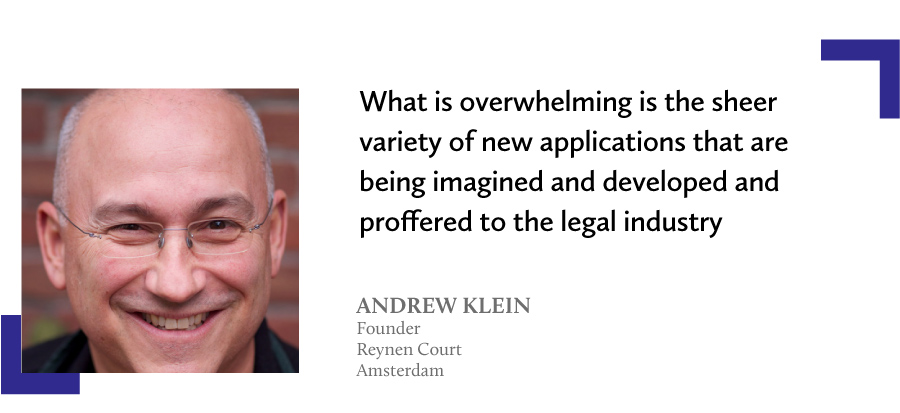In the second of our two-part series on legal technology, we peer into the undefined future of legal tech and explore how AI is already reshaping the business of law. Just how long will it be before Jarvis makes partner? Mithun Varkey reports
Although slow to gain momentum, legal tech has been through several iterations and cycles of adoption. What really sets the current wave of legal tech adaptation apart is not just the variety of the tools on offer, but their sheer ambition. While it was the pandemic and the need for new tools to ride out the so-called new normal that were clearly triggers for the recent adoption of tech, the fact is that a lot of these tools, powered by artificial intelligence (AI) and machine learning, have ensured the change is permanent, and have changed the practice of law.
Where’s the action?
“What is overwhelming is the sheer variety of new applications that are being imagined and developed and proffered to the legal industry, in the interest of innovation and acceleration of change, which buyers of legal services have jumped onto because there’s the promise of more efficiency, more transparency and better quality legal service,” says Andrew Klein, the Amsterdam-based founder of Reynen Court, a legal tech aggregation platform.
Haley Altman, global head of corporate development for US-based Litera Microsystems, adds: “What law firms have started to do more is they are stepping back and saying, ‘hey, it’s not about just finding cool new things that are interesting and seem exciting, it’s about what are the processes and problems that we need to solve?’”
According to a 2020 survey conducted by Daisy Chain, ACC and legal technology firm Yarris in Australia, 45% of respondents indicated that they acquired legal technology in the preceding 12 months. For those respondents who reported acquiring legal technology in the past 12 months, 44% acquired matter management systems, 37% acquired contract management systems, 26% acquired document management systems, 22% acquired knowledge management systems, and 22% acquired project management systems.

You must be a
subscribersubscribersubscribersubscriber
to read this content, please
subscribesubscribesubscribesubscribe
today.
For group subscribers, please click here to access.
Interested in group subscription? Please contact us.


























